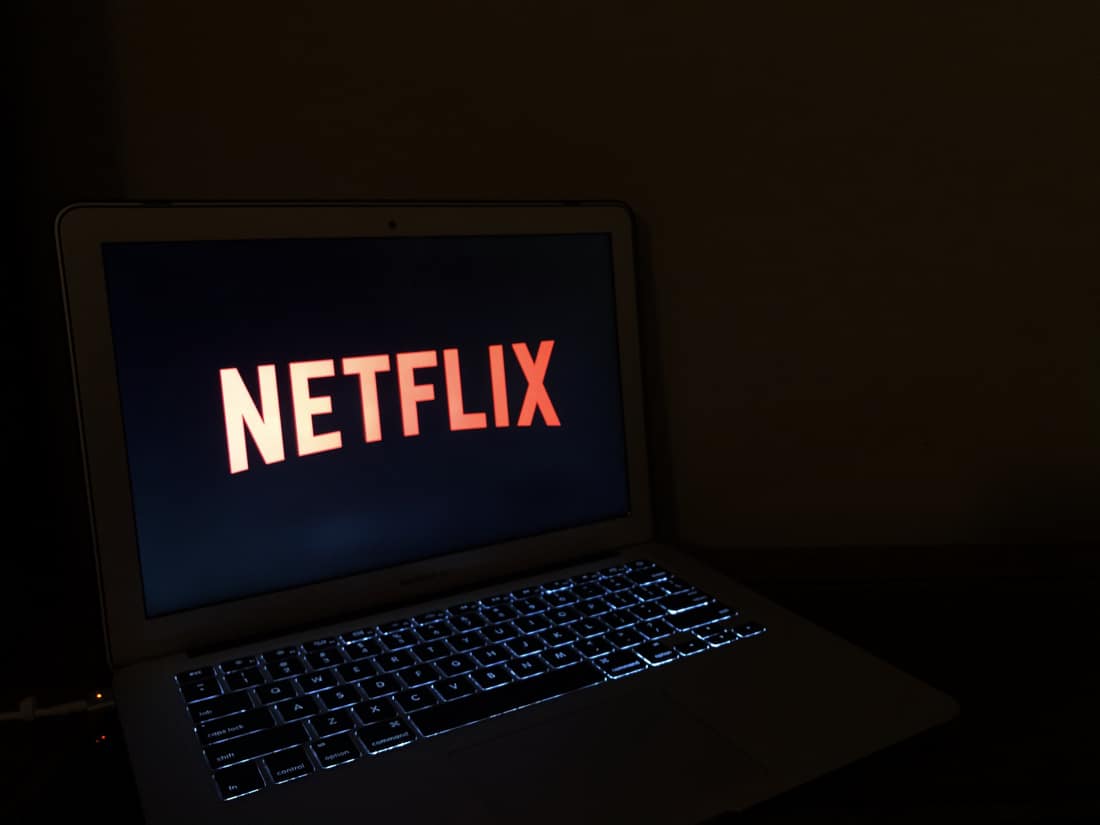
Movies and shows are meant to entertain, but viewing them through a different lens can change one’s understanding of the content entirely.
Over the last few years, streaming service platforms have become all the rage. What started with Netflix’s booming popularity in the early 2010s has now expanded across Hulu, CraveTV, Disney+ and many more. Existing media services are now adopting the traits that make these streaming giants such a huge success and are caught in a viciously competitive net, fighting for one thing: people’s attention.
Given that streaming companies are developing increasingly varied products and services, it is clear that they must cater to their customers to stay in business. For audiences as well, there is a difference between consuming the content from these services idly versus approaching the content with a critical eye.
Critical media consumption means being aware of the media you consume by asking questions, checking facts and being wary of different outlets. Being critical of media is commonly discussed in the context of news sources and their credibility. However, if you are mostly a viewer of fictional shows and movies, it is just as important to question both the obvious and subtle messages within this content. The reason for this is that these rapidly-consumed shows and movies have a heavy influence on peoples’ thoughts and behaviours.
For example, after watching High School Musical, viewers might associate high school with the spirited, exciting world portrayed in the movie, even if they know otherwise. However, when viewing that media with a critical eye, there are a lot of things that shouldn’t sit comfortably with the viewer.
A few examples are the strictly-divided cliques highlighted during the song “Status Quo”, the friend groups whose lives aren’t portrayed outside interacting with Troy and Gabriella, and the unrealistic portrayal of the characters’ successes at the end.
Although it’s a feel-good movie that makes you want to spend all day watching Disney movies in bed, it paints an unrealistic picture for over-excited, fresh-faced newbies eagerly seeking out basketball teams and colorful school banners plastered on every school surface on the first day of high school.
If this is what came out of critically viewing High School Musical, what about other films with different narratives?
In 2014, Cambridge University published a study analyzing the effects of films on viewers’ political views. It explored how the films Argo and Zero Dark Thirty had effects on participants’ view of the American government, and the study found that some viewers’ opinions of the government improved after watching the films.
Like Michelle C. Pautz, the researcher who wrote the paper, says: “Watching one film for a few hours resulted in changes of opinions of the viewers, so imagine what a few films might do for one’s opinions.”
The content that people consume plays a massive role in shaping behaviour, opinions and even in reinforcing or creating biases. Depending on what they watch, there is also the issue of viewers becoming desensitized to urgent real-world issues. Moreover, people can get into filter bubbles, and that means they are only getting the story from one perspective.
Watching shows and movies is a good thing — they are opportunities to learn, and immerse ourselves in different contexts and cultures. However, there is a limitation to how much media viewers consume nowadays, and especially to how they consume it. This does not just apply to shows and movies, but all media and information that we encounter. How will the future look if we continue consuming media the way we currently do?
The next time you sit down and get ready to binge-watch on Netflix, aim to be critical about the movie or show you are watching. You may be surprised to discover how viewing content passively is drastically different from analyzing it critically, for there is much more to the story than what’s portrayed on screen.
—
Fiza Baloch | Staff Writer
Photo: Ammara Syeda | Photo Editor
Leave a Reply